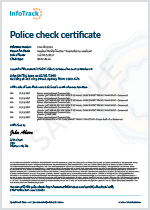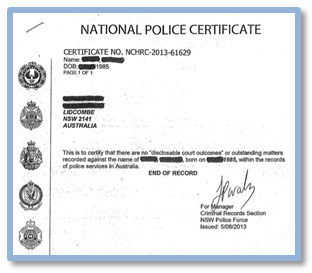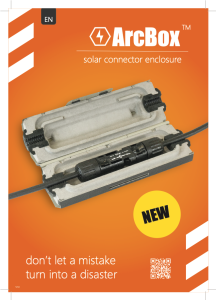In general, although the number of digital inspections is constantly increasing, it is not such a usual procedure. For example, in the United States, the number of inspections of digital devices at the border has increased from 4,764 in 2015 to 23,877 in 2016 and it is thought that in 2017 there were about 30 thousand. A small number compared to the 400 million people who come and go every year (1 inspection out of 13 thousand). With nsw police check the whole process is, however, quite clear.

It is not advisable to lie to the furnace officers and even less to meddle in the inspection
Lying during border checks is a crime in most countries, better not to try. And then, of course, if you lie, it’s much more likely that the police will want to take a look at your devices. Let’s put it this way, saying that you can’t unlock the phone because you forgot the password is not a smart or original idea. Furthermore, interfering with the work of the agents in the least sensible choice: they are well trained and the consequences may not be pleasant.
The agents can have their aces up their sleeves
The border police can have the equipment to quickly and more effectively extract data from mobile devices. The most well-known example is the Cellebrite devices that can also extract deleted information and, in some cases, can extract data even from locked devices. The Cellebrite software also shows data deleted from the call log, contacts, SMS, etc.
Fingerprints are weaker than passwords
Passwords are protected by their right to remain silent not the best, but better than nothing, fingerprints no. It is easier for the border police to order you to unlock a device protected by a fingerprint and not a password.
Furthermore, they do not need to ask for your fingerprint, they can simply take your finger to unlock the device. Or although it is very unlikely that they will, if your fingerprints are already present in their database, they can unlock the devices by making a copy.
The best way to prevent this from happening is to enable the so-called Full Disk Encryption (FDE – full disk encryption) on your operating system and turn off the device before boarding. When you turn it back on you will be asked to enter the password, even if you normally use the fingerprint to unlock the screen. Using FDE is a good practice, in any case.
Searchers should take note of everything that happens and then change passwords
If you inspect your personal items, take note of every detail: the law enforcement agencies involved the names of the agents and identification numbers, what they asked you to do, etc. And if any item is required, request a receipt. After checking, immediately change the passwords you gave to the agents. A good password manager can help you by creating strong passwords and random combination of characters, storing them for you.
Cloud data is more protected than local data
Nowadays we are used to constant violations of our privacy by government agencies that sneak into the cloud, not being able to do much on the data stored locally on your devices. But when you are at the border, the data on the cloud is better protected than those on the device’s memory. At least that’s what happens at the US border, the police can inspect the devices and data they contain, but they don’t have the power to check what’s on your cloud.






